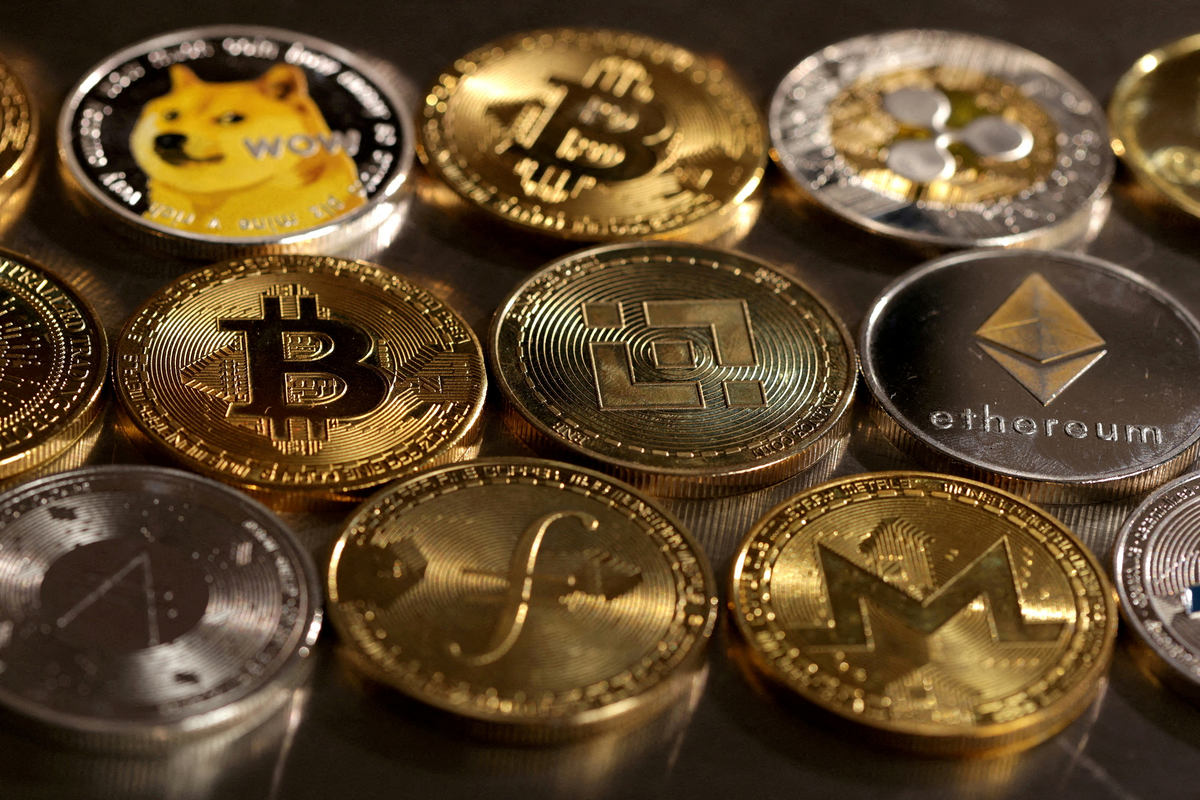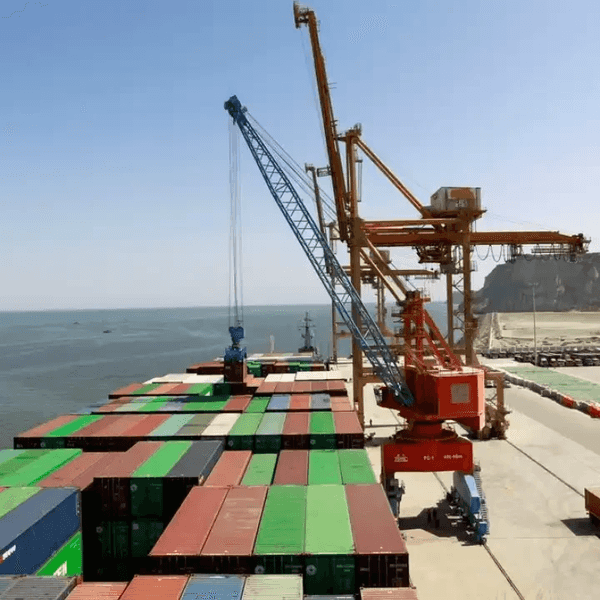Pakistan approves virtual assets regulator to oversee crypto and blockchain sector
New crypto regulator PVARA to license and monitor virtual asset services under FATF and global standards

Shahzad Raza
Correspondent
Shahzad; a journalist with 12+ years of experience, working in Multi Media. Worked in Field, covered Big Legal Constitutional and Political Events in Pakistan since 2012. Graduate of Islamic University Islamabad.

Pakistan's federal cabinet has formally approved the summary for the creation of the Pakistan Virtual Assets Regulatory Authority (PVARA), a landmark step toward establishing a legal and institutional framework for the country's digital assets ecosystem.
The new authority will operate independently to license, monitor, and supervise virtual asset service providers (VASPs). It will ensure compliance with Financial Action Task Force (FATF) guidelines and align with international best practices.
This milestone comes less than four months after the launch of the Pakistan Crypto Council (PCC) on March 14, 2025. The PCC marked the start of a new era in Pakistan’s digital finance journey.
Since its inception, the PCC has led efforts to regulate blockchain technology, digital currencies, and tokenized assets. It is chaired by Finance Minister Muhammad Aurangzeb, with Bilal Bin Saqib serving as CEO and Special Assistant to the Prime Minister on Blockchain and Crypto, holding the status of Minister of State.
The Council includes strategic advisors such as former Binance CEO Changpeng Zhao (CZ) and consists of institutional stakeholders, including the SECP Chairman, the State Bank Governor, and federal secretaries from the Law and IT ministries.
The Government had previously announced the creation of Pakistan’s first Strategic Bitcoin Reserve on May 28, 2025, at the Bitcoin 2025 Conference in Las Vegas. Bilal Bin Saqib said the sovereign reserve aims to hold Bitcoin for long-term macroeconomic resilience.
To power future blockchain and AI infrastructure, the government also allocated 2,000 megawatts of surplus electricity for Bitcoin mining and AI data centers. Officials said strategic partnerships are being pursued to ensure that the infrastructure is both sustainable and revenue-generating.
PVARA will be responsible for issuing licenses, setting technical standards, and enforcing compliance protocols. It will also coordinate with FATF, the IMF, and the World Bank and oversee public protection, anti-money laundering protocols, and cyber risk mitigation.
This approach reflects Pakistan’s ambition to become a digital assets hub in South Asia. Officials said the strategy combines sovereign reserves, energy deployment, and robust oversight to build trust, attract investment, and foster innovation.
Pakistan has more than 40 million crypto users, and the annual trading volume through informal channels is estimated at $300 billion. Despite prior regulatory ambiguity, Pakistani youth have shown early adoption of blockchain tech. Over 70% of the population is under 30, creating a unique opportunity for a formalized crypto economy.







Comments
See what people are discussing